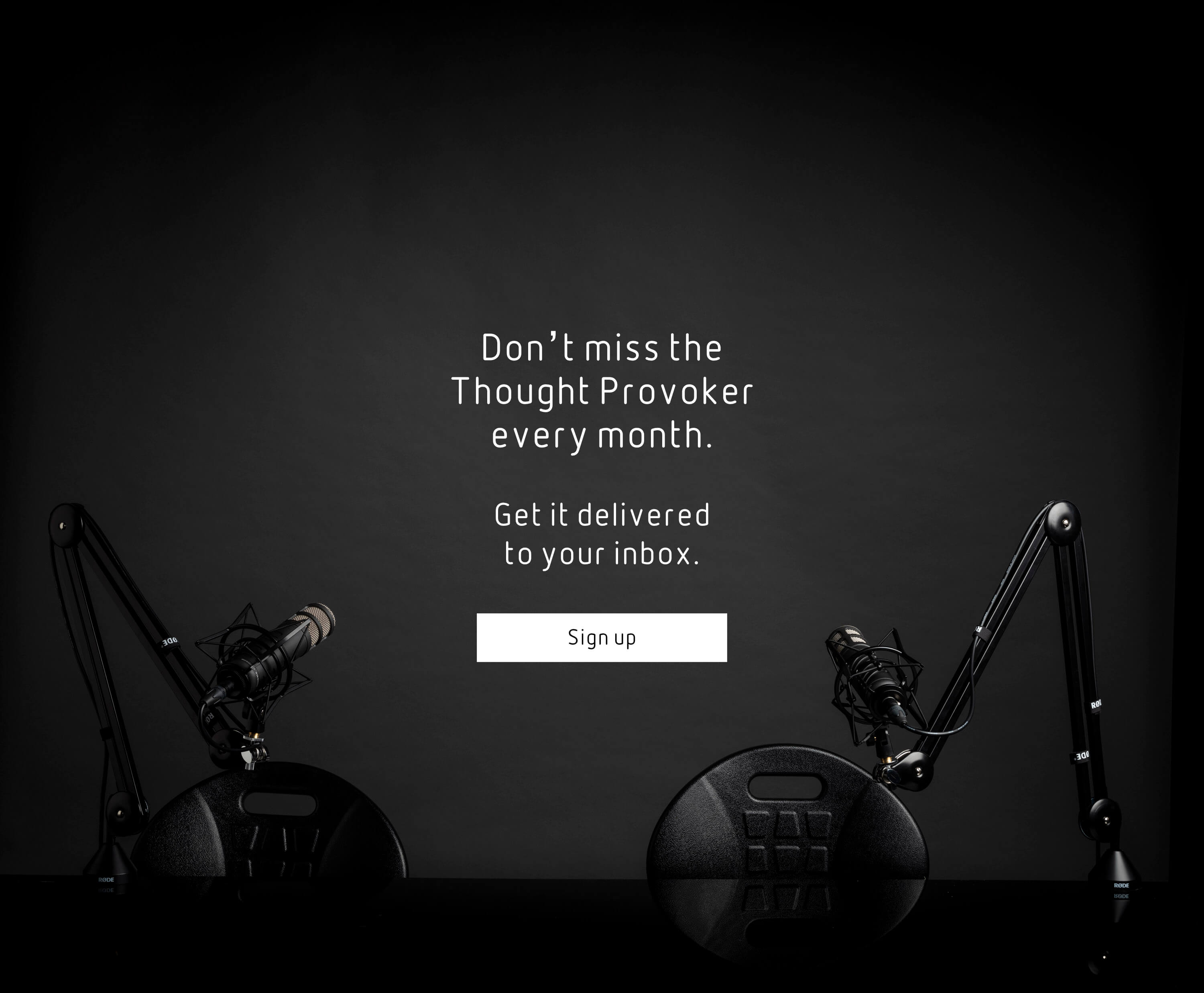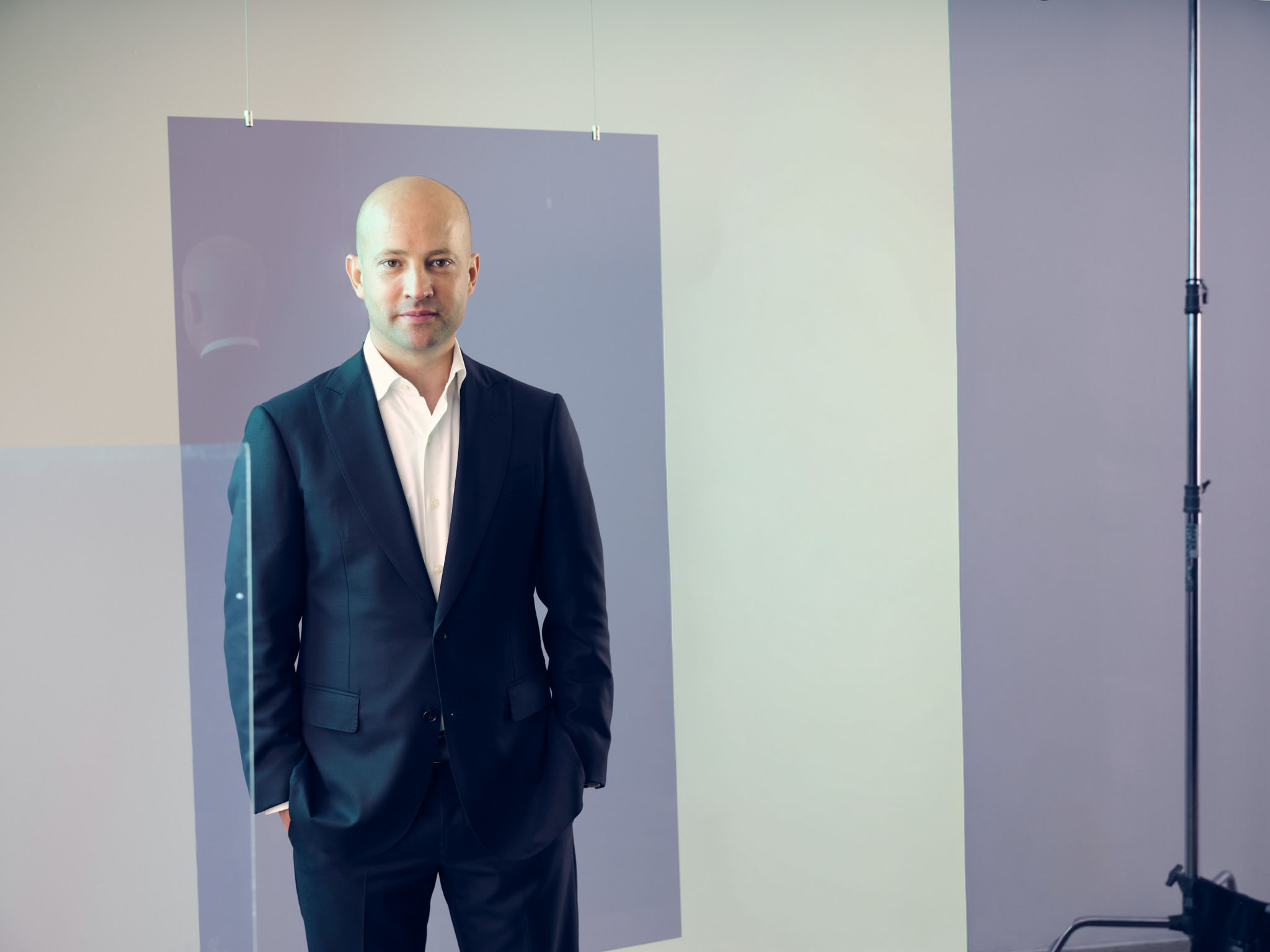A bold paradigm shift is required to get back to loyalty, to exploit the opportunity that data lakes provide, to integrate digital technologies with good old customer service, creating a compelling experience.
In a rapidly changing world, we have similar agencies, offering similar services, at similar prices. Lead generation is at the core of any estate agency. How do you source your leads, work your pipeline and ensure listing consistency? Social media, lead generation websites, digital marketing demand a fair share of the marketing wallet, but is there a real return on investment?
This is a new era, one which demands that you play at your best. To do that you need to know what you do, when you do it and why it works. It cuts wastage, re-work, overwork and displaced energy and effort.
A bold paradigm shift is required to get back to loyalty, to exploit the opportunity that data lakes provide, to integrate digital technologies with good old customer service, creating a compelling experience. It's the belief that the better you become, the more people will want to use you. How are you planning on dealing with that demand? It's time to leave behind industry dogma, update your operating system to what works, and go deeper in narrow channels that magnify your advantages.
The power's in the data.
We have a rich tapestry of data. All the contact details, combined with the digital intent of customers. What are they doing in the digital world, and what are they doing in the real world? How can we take these digital and real-world cues to create more opportunity?
It starts with one bold, highly effective question - where does the customer hang out before they need you?
In the digital world:
They view properties online
Subscribe to your content (emails and social follows)
Request copies of contracts
Turn up to watch auctions online
In the real world:
They call us to enquire
They inspect properties
They come back for second appointments
Request copies of contracts
Make offers
Register to bid, attend and bid at auction
The secret to any great business is understanding what works, amplifying that, and then adding new lead sources to amplify existing strengths.
Here's how to do it. Review every listing your business has won in the last 12 months and ask one simple question, how did we meet the vendor? The answer isn't 'database'. A database is just a holding place, a transit lounge between initial intent and buyer behaviours.
Most likely, you met the vendor:
As a buyer
At a market appraisal (from marketing activities including brand awareness)
An existing customer (past clients, landlords, tenants)
Or they were referred to you.
Each of these customer moments needs to be carefully curated to meet unmet, unidentified and unsatisfied needs. Businesses that are highly intentional around how they interact with their customers, who have a clear path of enablement are the ones that win. Enablement? Providing a service that enables the customer to satisfy the problem they're trying to solve - the foundational reason the business exists.
The greatest strength for any established player lies in their existing customer base. Replace 'database' with 'customer base', and think about how you serve that customer base, so they keep coming back.
Let's assume 95% of all purchasers purchase a property through an estate agent. That means that 95% of the listings you go for are either a customer your company has already served, or someone else's past clients who are entirely underserved.
What advantage does a customer get by being in your customer base? This is where the paradigm shift changes - from activities you do because you're trying to generate a lead, to a series of service experiences that create a customer experience driven by loyalty.
The definition of what service means in business is your philosophy. If that's a winning philosophy you win the game; if it's not, you fight it out with all the other discounters, where the only thing you can do to win is devaluing what you bring to the table.
Let's design a past client customer experience to drive loyalty:
Early advice around just listed and then just sold properties.
It allows the property owner to go to the bank to get finance in time so they can compete when the property is launched on the market or identify they'd be interested in you bringing through overflow buyers to sell theirs.
The early advice or breaking news concept must be done well before the marketing commences, else it's no longer breaking news, and your loyal customers are forced to stand the queue without any advantage.
An annual check-up around their asset value.
Every month 100's if not 1000's of your customers have an anniversary of their purchase date. Imagine just like a dentist you booked them in for an annual check-up, where you met face to face, provided an idea on what their home is worth, and assess their need to move, looking for dissatisfaction, a new vision or desire to make any of the first steps required. Even if they didn't move forward in listing or buying, they refer you to someone who is. This is the economic engine room that turns good businesses into great businesses. If you conducted an annual check-up every year for ten years, and on the 10th year the sellers sell, and your fee is $20,000 for the service, you've effectively earnt $2,000 each time you conducted an annual check-up, payable on the day of the sale. You earn the right to serve customers.
Then you apply a digital strategy to detect intent, including an annual market summary report, a monthly video report and target communications around new development approvals etc., that may impact the value of their asset base.
Now we're talking. Think who not how. Most agencies don't have the workflow plan in place, and instead recruit new agents to chase new, rather than work existing relationships, the most fertile ground for business growth. We often send the newest agent, with the lowest level skillset, to tackle challenging new markets, against the toughest most established competitors and wonder why the strategy fails time and time again.
Then we add to the layer cake the way we work buyers. The only difference between a buyer and a seller is time. How do we design a buyer experience that converts? We shift the needle with strategy, measure and adjust.
We set the strategy, measure the results, then adjust to improve performance.
Here's how the best work buyers.
Every weekend we meet 100's of buyers at open inspections and private appointments. If we could only ask one question beyond contact details, what would it be? "Have you bought locally before?" If they say yes, what's your plans with your existing home when you buy the next? If no, congratulations, what's most important for you, transport, schools, shops, lifestyle? It's about enabling the customer. If they do own locally going to see their home helps you to establish what it's worth, so they can work out the change over costs to make it all work.
Most agencies don't have the workflow plan in place, and instead recruit new agents to chase new, rather than work existing relationships, the most fertile ground for business growth.
It has to be done at the face to face appointment if you wait until the callback you've already missed 50% of the leads in unanswered calls on Monday. Then you shift the needle even more by measuring post callbacks, and at the conclusion of the campaign.
How many people did we meet?
How many own locally?
How many are out of area owners? (refer to agencies in that area for referral fee's).
How many are first home buyers?
How many are landlords or potential landlords? (Who now have two homes we can sell or manage in the future).
Then from those we meet,
How many did we book in for a listing appointment (LAP), market appraisal (MAP) or buyer appointment (BAP)?
If you don't know the numbers, you can't adjust. Don't measure people to drive their anxiety and insecurities, measure people so you can adjust the strategy and shift the results. In one business alone in under four weeks, they shifted their buyer conversion from 11% to 25% by measuring the appointments booked. If you don't ask you don't get.
Then we move to the biggest data lake of all, the most underserved customer in every business, landlords. They own two properties; they drive the saleable value of a real estate practice, they are the recurring revenue section to our business, the real estate industries equivalent of Spotify, Netflix and Apple Music business models of the future.
How many of your landlords would like to buy another property?
How many of those landlords live in your market place?
How many of those local landlords have you been to their principal place of residence to given them an idea of its value so they can use that equity to purchase another property, or to trade their existing home in on another?
Then there are all the opportunities created for your landlord's first program (selling properties direct to your landlords before the open market, creating a customer advantage, driving intense loyalty and recurring revenue).
Then add in the data lake, the real advantage that multi-office networks and franchises really should have. If an office in one location manages a property for a landlord, and that landlord lives in an alternate offices area, who prospects the landlord to give them an idea on what their property is worth? This drives your projects or new homes business, drives referral revenue and the one customer view. The customer doesn't care about your ownership model; they care about how they're looked after. In their world, they are number one, and they deserve to be treated that way.
Why does it go so wrong?
Small-minded thinking
Underinvestment in technology
Lack of training
Ego driven leadership and sales teams with low levels of trust
Industry dogma that prevents best in class customer experience.
If Aesop, an Australian soap company can access my client file whether I buy soap in Sydney, Melbourne, Dubai or London, can track my customer preferences and deliver every time, for a $30 purchase, then surely we can do the same for a $20,000 plus purchase of our services.
It's a shift you have to be willing to make. Moving from being a one-off marketer, a feel-good awareness campaigner, one that's in your street today, opportunistic and prepared to pay for the very leads that exist in their own customer base.
This is a bold new era. It requires new thinking, pushing through the barriers, the dogma, the tired old models, reinventing, reinvesting and recreating customer experiences that drive loyalty, customer acquisition growth and retention of the customer base.
The customer doesn't care about your ownership model; they care about how they're looked after. In their world, they are number one, and they deserve to be treated that way.
Next steps:
Where are the biggest opportunities in your business?
What's in your data lake (all your customer databases - sales and rentals) that you can leverage?
What works in your business? (make data-driven decisions)
Amplify what works.
Break industry dogma. Rapidly reinvest - what do we agree on? And what needs work to rapidly reshape the workflow, to deliver best in class customer experience?
And how do we rally our teams around the ideas of the future to future proof our businesses, serve our customers in more powerful ways, and finally charge for the value we create?



